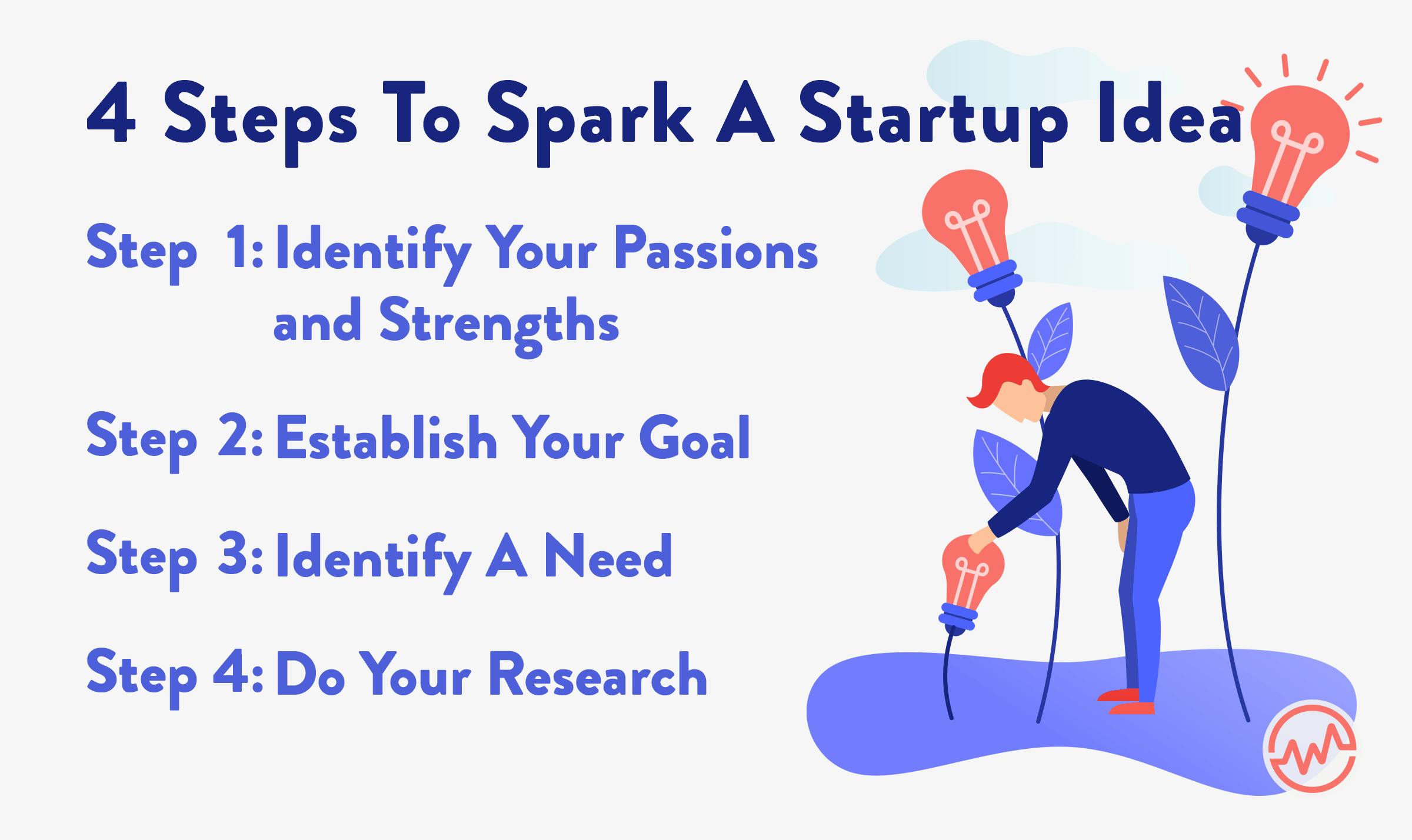
Embarking on the journey of entrepreneurship can feel like standing at the edge of a cliff, ready to take a leap of faith. But what if you've never started a business before? What if you have no experience? Don't worry—every expert was once a beginner. This guide will walk you through the basics of starting a business with no experience, turning your startup ideas into reality.
Why Start a Business with No Experience?
Starting a business with no experience might seem daunting, but it's also incredibly rewarding. You'll learn valuable entrepreneur skills, gain financial independence, and have the freedom to pursue your passions. Plus, many successful entrepreneurs started with no experience—just a great idea and a lot of determination.
Getting Started: The Business Basics
Find Your Passion and Purpose
Before you dive into the world of entrepreneurship, it's crucial to find your passion and purpose. What are you good at? What do you love doing? Your business should align with your interests and values. Remember, you'll be spending a lot of time on this venture, so make sure it's something you enjoy.
Research, Research, Research
Once you have a business idea, it's time to do some research. Understand your target market, competition, and industry trends. The more you know, the better equipped you'll be to make informed decisions. Websites like Statista and IBISWorld offer valuable market research data.
Create a Business Plan
A business plan is like a roadmap for your startup. It outlines your goals, strategies, target market, and financial projections. Don't worry if you've never written one before—there are plenty of templates and guides available online. The U.S. Small Business Administration offers a free business plan tool.
Developing Entrepreneur Skills
Learn as You Go
Starting a business with no experience means you'll be learning on the job. Embrace this opportunity to develop new skills. From marketing to accounting, there's always something new to learn. Online platforms like Coursera and Udemy offer courses on a wide range of business topics.
Networking: Your Secret Weapon
Networking is one of the most powerful tools for a beginner entrepreneur. Connect with other business owners, attend industry events, and join online communities. Building relationships can open doors to new opportunities and provide valuable support.
Embrace Failure
Failure is a natural part of the entrepreneurial journey. Don't be afraid to make mistakes—they're opportunities to learn and grow. Remember, every successful entrepreneur has faced setbacks. The key is to stay resilient and keep moving forward.
No Experience Jobs: Where to Start
Freelancing
Freelancing is a great way to gain experience and build a portfolio. Websites like Upwork and Fiverr connect freelancers with clients looking for various services. Whether you're a writer, designer, or consultant, there's a market for your skills.
Side Hustles
A side hustle can be a low-risk way to test the waters of entrepreneurship. Start small, maybe selling handmade products on Etsy or offering services in your local community. As you gain confidence and experience, you can scale up your business.
Turning Startup Ideas into Reality
Validate Your Idea
Before investing too much time and money, validate your startup idea. Talk to potential customers, conduct surveys, and gather feedback. Make sure there's a demand for your product or service.
Build a Minimum Viable Product (MVP)
An MVP is the most basic version of your product or service. It allows you to test the market and gather feedback without investing in a full-scale launch. Tools like SurveyMonkey can help you collect valuable insights from your target audience.
Launch and Iterate
Once you've validated your idea and built an MVP, it's time to launch. But remember, launching is just the beginning. Be prepared to iterate and improve based on customer feedback.
Conclusion
Starting a business with no experience is a challenging but rewarding journey. By finding your passion, doing thorough research, creating a solid business plan, and developing essential entrepreneur skills, you can turn your startup ideas into reality. Embrace the learning process, network with other entrepreneurs, and don't be afraid to fail. Your journey to entrepreneurship starts here.
FAQs
How do I come up with a business idea?
- Start by identifying your passions and skills. Look for problems you can solve or gaps in the market. Brainstorming and mind mapping can also help generate ideas.
Do I need a lot of money to start a business?
- Not necessarily. Many businesses can be started with minimal capital. Look for low-cost startup ideas or consider bootstrapping your business.
What if I don't have any business experience?
- Lack of experience shouldn't hold you back. Focus on learning and gaining experience as you go. Online courses, mentors, and networking can all help you develop the skills you need.
How do I know if my business idea is good?
- Validate your idea by conducting market research, talking to potential customers, and gathering feedback. Tools like surveys and focus groups can provide valuable insights.
What should I do if my business fails?
- Failure is a natural part of the entrepreneurial journey. Learn from your mistakes, adjust your strategy, and try again. Resilience is key to long-term success.


Posting Komentar